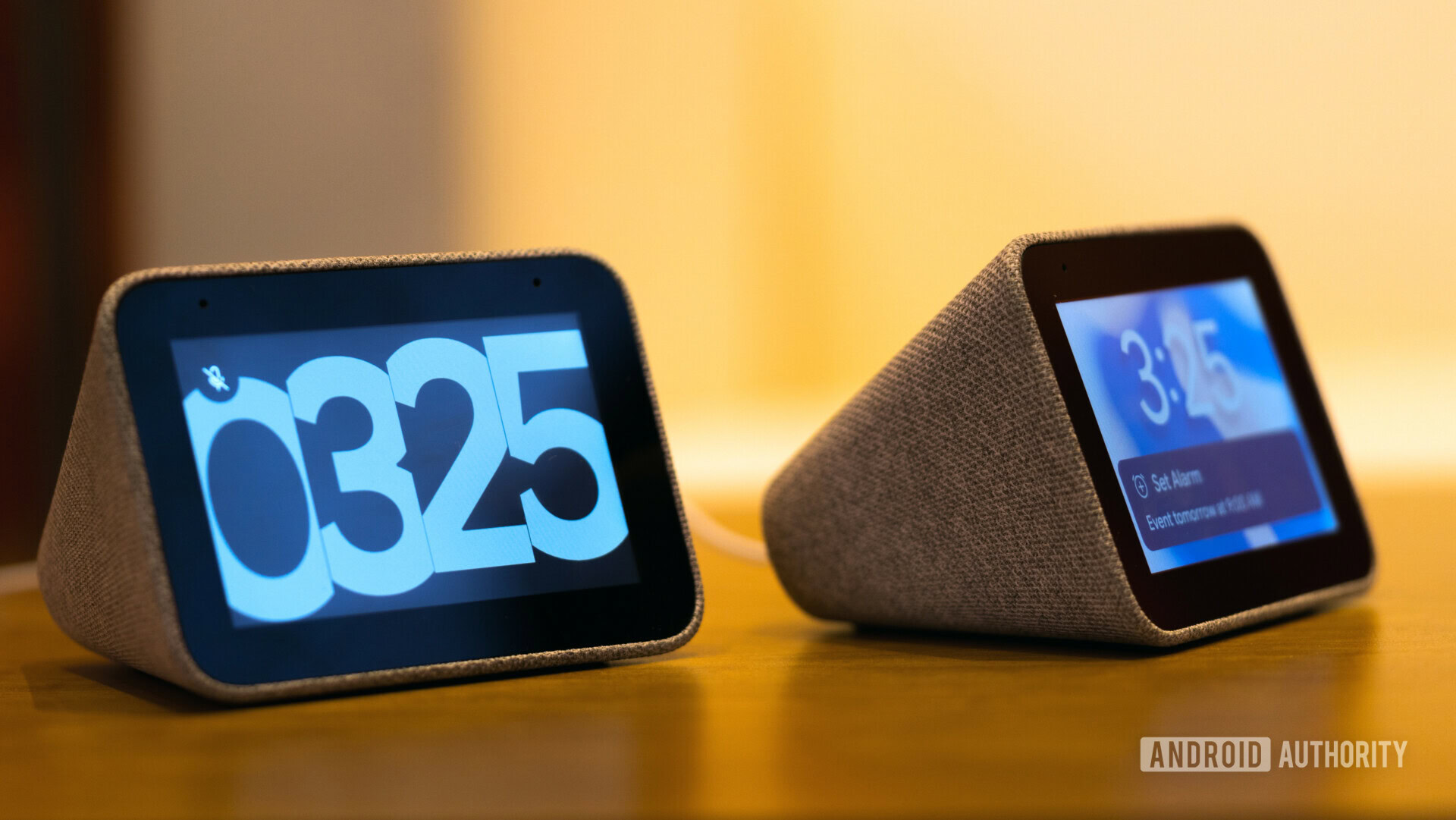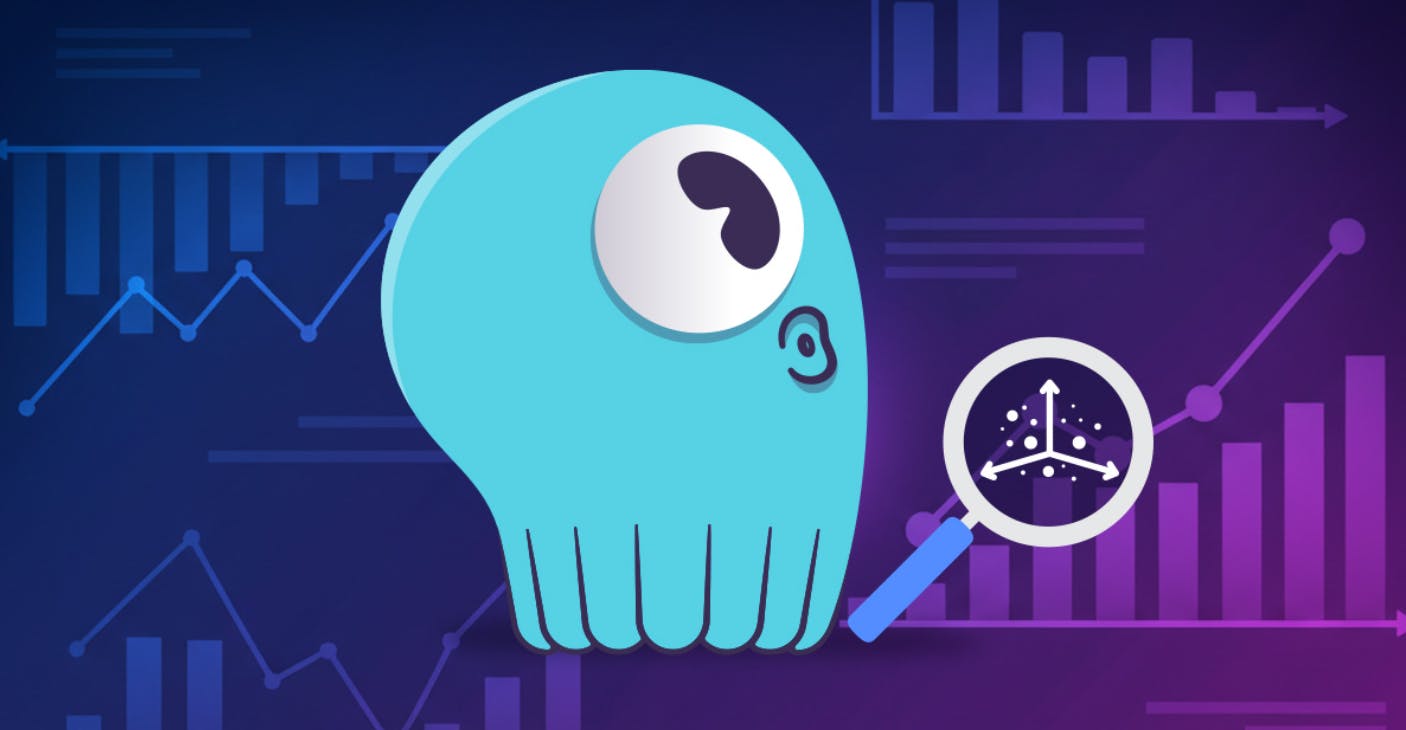When Sony announced PlayStation Portal in May 2023, skepticism was widespread. A device costing more than 200 euros that only allowed remote play on a PS5 seemed like a limited proposal in a market where Steam Deck and Switch (plus the increasingly populated panorama of portable PCs and Chinese devices) already offered complete experiences. However, Sony seems to have realized that it has a device with potential in its hands and has taken a step in an unforeseen direction.
The limitations so far. Portal is an additional screen that allows you to view the content and games of your Playstation 5 on a mobile device. It has no autonomy outside the console, and its range of action is the one that has the Wi-Fi to which you are connected (or a second Wi-Fi: there is the possibility of connecting the desktop console to one Wi-Fi and the Portal to another). A considerable limitation that hindered the possibilities of a technically very interesting device (especially in the imitation of the DualSense and the quality of the screen).
Surprise success. But the device sold out in the United States and the United Kingdom within two days of its launch in November 2023, and Sony admitted that sales of the device exceeded its internal projections. It is estimated to have sold between 420,000 and 630,000 units in the United States from its launch through July 2024, and data from early 2024 indicated that approximately 3% of the 65.5 million PS5 owners owned a Portal, which translates to almost 2 million units sold globally.
The true strategic turn. It arrives now, in November 2025, two years after launch. Sony has introduced an update that updates the cloud game that has been available for a year in beta mode. From now on, you can run your own digital games on PlayStation Portal, along with titles from the PS Plus catalog that could already be previously streamed. Thousands of compatible PS5 titles from users’ personal libraries are now supported, including titles as diverse as ‘Astro Bot’, ‘GTA 5’, ‘Final Fantasy 7 Rebirth’, ‘Fortnite’ and ‘Resident Evil 4’.
The update has also added features that were not yet available in the beta: support for 3D audio, password lock, in-game purchases and new accessibility options, as well as a redesigned interface with three tabs: “Remote Play”, “Cloud Streaming” and “Search”.
Testing ground. PlayStation Portal has served as a perfect testing ground for Sony over the last year. With a relatively modest investment, in a device that was essentially a DualSense with a screen, Sony has studied the behavior of users with cloud gaming without launching into something as expensive as developing a laptop. Usage data, for example, reveals that the device wakes up a lot at night, around nine o’clock, suggesting that users first play the console and then switch to the Portal when other family members use the TV.
It is not an obstacle. Playstation Portal does not compete with portable consoles such as Nintendo Switch or Steam Deck. Rather, it complements the PS5, and does not cannibalize sales of the console (undoubtedly, an issue that should currently concern Microsoft, which with launches like the ROG Ally Xbox can prepare to sell even less hardware). In fact, Playstation Portal requires users to have already entered the PlayStation ecosystem, especially now that unrestricted cloud gaming (beyond purchased digital games) is limited to subscribers of PS Plus Premium, the most expensive tier of the service.
Overtaking Xbox on the right. Microsoft has bet very heavily on cloud gaming as an integral part of the Game Pass Ultimate experience. Sony had been lagging behind until now, but with this it has its own hardware (not like the ROG Ally “licensed” by Microsoft) to give an extraordinary push to its own cloud game. No one else among the majors has something like this: a console for an official PS5 streaming experience… with the controls cloned to a DualSense.

Will we see a laptop? It is the big question that remains to be answered. These sales figures, as surprising as they are for Sony, are still insufficient to justify the cost of a complete laptop with its own ecosystem. The ghost of the failure of PS Vita must still weigh heavily on Sony’s offices, but the success of Portal opens the door to a future hybrid console: one that runs games natively (although these do not exist in physical format, but does not depend on an internet connection) and that also does so with titles in the cloud. Are we facing the future of consoles or just a smart move on the part of Playstation?
In WorldOfSoftware | At E3 1995, PlayStation only needed two seconds to destroy SEGA. And it changed video games forever












